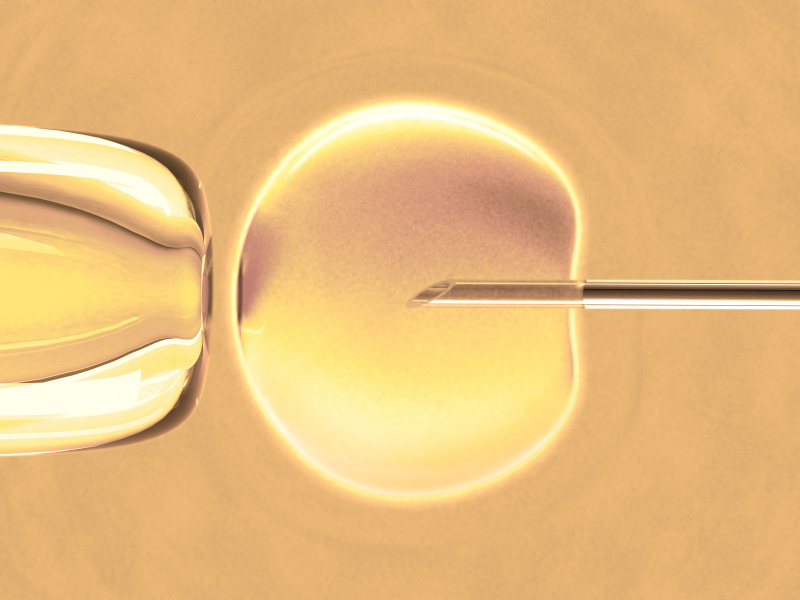Yesterday, a team of scientists from Oregon and Stanford and Valence Universities published an article in the Nature journal announcing that they could “now predict chromosomal abnormalities in human embryos created by in-vitro fertilisation within the first 30 hours of development”.
To date, it has not been possible to identify these abnormalities before the fifth or sixth day of development whereas embryos must be implanted on the third day.
The scientists are delighted that their discovery will increase the chances of implanting embryos in the mother’s uterus. They estimate that approximately 50 to 80% of embryos created in vitro present with a chromosomal abnormality that prevents their development and triggers a miscarriage.
Professor Shawn L. Chavez and his team have shown that they can identify a chromosomal abnormality using a non-invasive method. They have been testing this method on 117 embryos for 19 couples since 2012.
Nature (08/07/2015)

